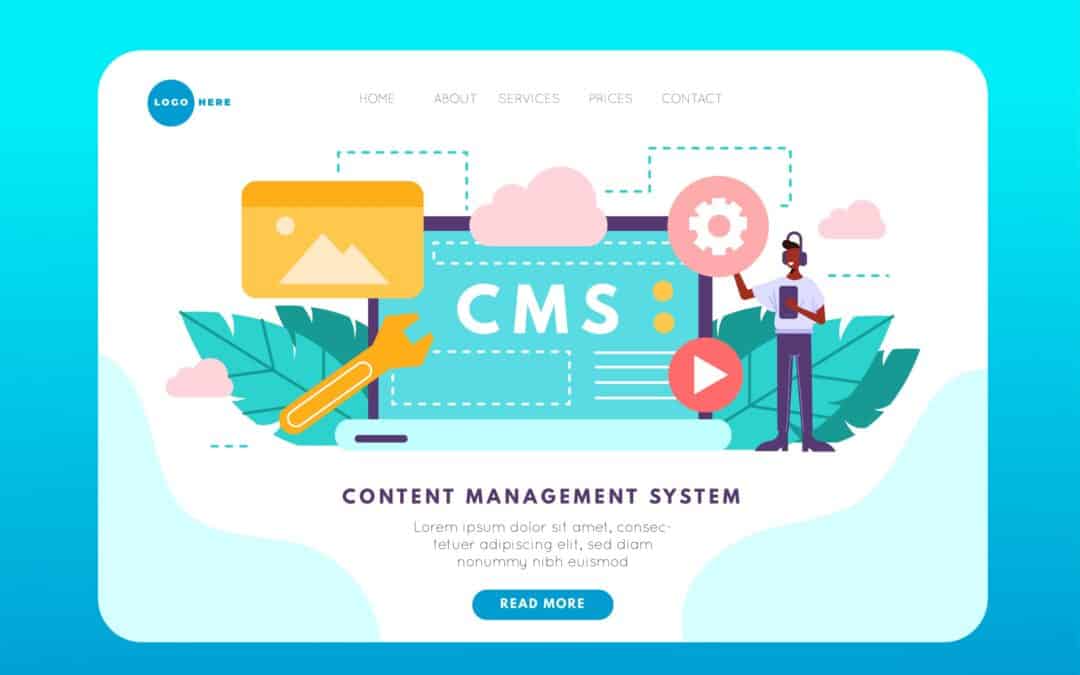When it comes to how to hire a developer for your project, one of the first decisions you’ll need to make is whether to hire a freelance developer or an in-house developer. Both options come with their advantages and challenges, and the right choice depends on your specific project requirements, budget, and long-term business goals.
In this blog, we’ll explore the pros and cons of hiring freelance vs. in-house developers to help you decide which option best suits your needs.
What’s the Difference Between Freelance and In-House Developers?
Before diving into the details, let’s clarify what each term means:
- Freelance Developers: These are independent contractors who work on a per-project or hourly basis. Freelancers are not employees of your company, and they typically work remotely. They are ideal for short-term or specialized projects.
- In-House Developers: These developers are full-time employees of your company. They work from your office (or remotely, depending on your company’s policies) and are fully integrated into your team. They’re ideal for long-term projects and ongoing development needs.
Factors to Consider When Deciding Between Freelance vs. In-House Developers
Several factors will influence whether hiring a freelance or in-house developer is the best choice for your project. Let’s break down these factors.
1. Project Scope and Duration
Freelance Developers: If you have a one-time project or need specialized expertise for a short duration, freelancers are a great option. For example, if you need a website built, a mobile app developed, or an API integrated, freelancers can jump in, get the job done, and move on to the next project.
-
- Ideal for: Short-term projects, specific skill sets, one-time development tasks.
In-House Developers: If your project is ongoing or requires continuous updates, maintenance, and long-term commitment, in-house developers are the better choice. They’re more integrated into the company’s culture, and they can continuously work on product improvements, handle bug fixes, and scale the product over time.
-
- Ideal for: Long-term projects, iterative development, continuous maintenance, and updates.
2. Cost Considerations
Freelance Developers: Freelancers tend to be cost-effective for small or short-term projects because you pay them based on specific deliverables or an hourly rate. You won’t need to provide additional costs like benefits, office space, or equipment.
-
- Ideal for: Limited budgets, short-term projects, and startups with tight financial resources.
In-House Developers: While hiring full-time developers means a higher upfront cost, you’re investing in the long-term success of your company. You’ll need to factor in salary, benefits, office space, software, and possibly training costs. However, having a dedicated team member can lead to a better overall return on investment (ROI) over time due to their deep understanding of your company’s products and goals.
-
- Ideal for: Companies that need ongoing development, projects requiring long-term commitment, and businesses with the budget to hire full-time talent.
3. Skill Set and Expertise
Freelance Developers: Freelancers often have specialized skills and can offer high-level expertise in certain areas like frontend development, backend development, or even niche technologies. Since freelancers work with various clients, they’re likely to have a diverse skill set and may bring innovative ideas to the table.
-
- Ideal for: Highly specialized tasks or projects requiring specific technologies or skill sets.
In-House Developers: In-house developers can acquire deep knowledge of your company’s products, culture, and development practices. While they may not be as specialized as freelancers, they are more adaptable and can grow with your business needs.
-
- Ideal for: General development tasks, projects that require collaboration across teams, or when you need a broader skill set.
4. Control and Collaboration
Freelance Developers: When you hire a freelancer, you may have less control over the workflow and availability. Freelancers often juggle multiple clients, which may impact their response time or availability. Communication can also be challenging if you’re working in different time zones or have limited collaboration opportunities.
-
- Ideal for: Projects with clear, defined tasks and minimal need for collaboration.
In-House Developers: With in-house developers, you have better control over the work process and can easily collaborate with them in real time. They can attend meetings, interact with other departments, and become a seamless part of your team. This level of collaboration is harder to achieve with freelancers, especially if you’re working remotely.
-
- Ideal for: Projects requiring tight collaboration with other teams, real-time feedback, and consistent communication.
5. Flexibility and Scalability
Freelance Developers: Freelancers offer significant flexibility. You can hire them as needed, scale your development efforts up or down based on project requirements, and avoid the long-term commitment of hiring a full-time employee. However, this flexibility may come with the challenge of finding available freelancers when needed.
-
- Ideal for: Businesses that need flexibility and have fluctuating development needs.
In-House Developers: In-house developers are less flexible compared to freelancers. If you need to scale your team, it typically involves recruiting and hiring new staff, which can be a lengthy and costly process. However, once hired, in-house developers are fully committed to your company, which can be beneficial for long-term stability.
-
- Ideal for: Stable, predictable development needs, or businesses looking for long-term growth.
6. Communication and Availability
Freelance Developers: While freelancers are often highly skilled, they may work with multiple clients, meaning they may not be available when you need them. Additionally, if your project requires tight deadlines or constant back-and-forth communication, working with freelancers could pose challenges, especially if you’re in different time zones.
-
- Ideal for: Independent, non-time-sensitive projects.
In-House Developers: In-house developers work full-time for your company and are available during regular office hours. They can respond to urgent requests quickly and attend team meetings to discuss ongoing projects, which leads to better communication and timely project delivery.
- Ideal for: Projects that require constant communication and a fast turnaround time.
Which is Right for You?
Choosing between freelance and in-house developers comes down to your business needs and priorities. If your project is short-term, specialized, or cost-sensitive, hiring a freelancer could be the perfect solution. Freelancers bring flexibility and specific expertise, allowing you to scale quickly without long-term commitments.
On the other hand, if you need ongoing development work, prefer having a developer fully integrated into your company’s culture, or need better collaboration with other teams, an in-house developer might be the better choice. In-house developers provide stability and continuity, ensuring that your product evolves smoothly and aligns with your long-term business goals.
Conclusion
When deciding how to hire a developer, carefully consider your project scope, budget, and timeline before choosing between freelance and in-house developers. Both options have their merits, and the right choice depends on your specific needs and objectives. Take the time to assess your project’s requirements and make an informed decision that will help your business succeed.
Read more:
- Software Development Lifecycle Phases
- Best ios and android app development platforms
- Difference Between UI/UX and web development
- Best Programming Language to Learn for Web Application Development
- How Visual Studio Code Has Improved Developer Experience
- Staff Augmentation vs. Outsourcing: Which One is Right for Your Business in the USA?





